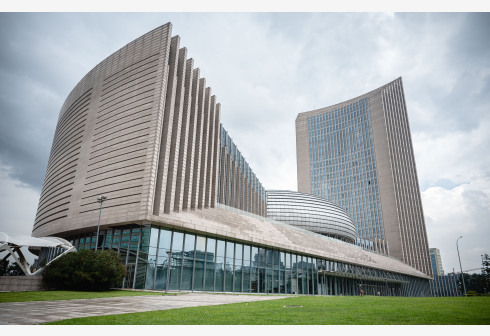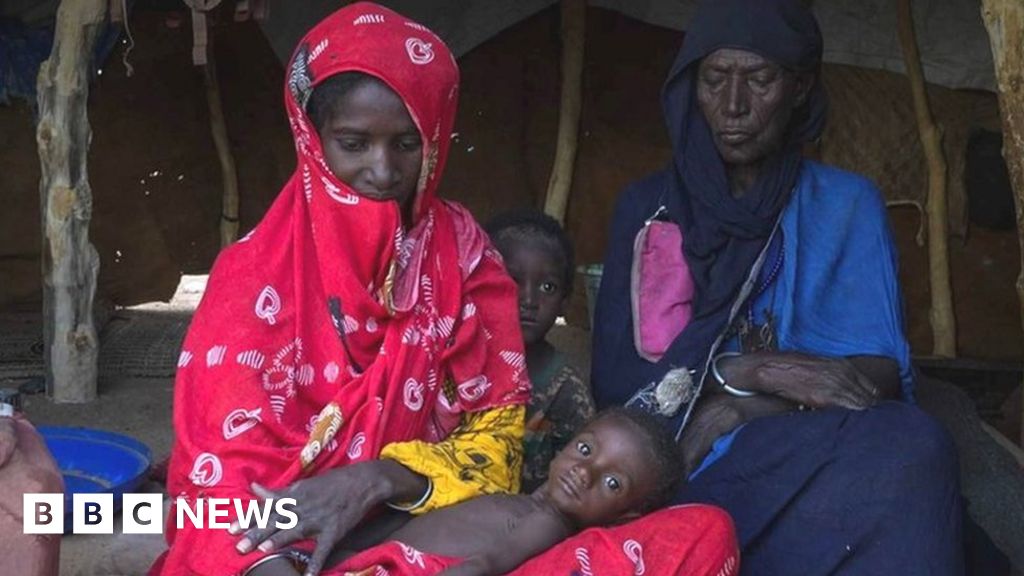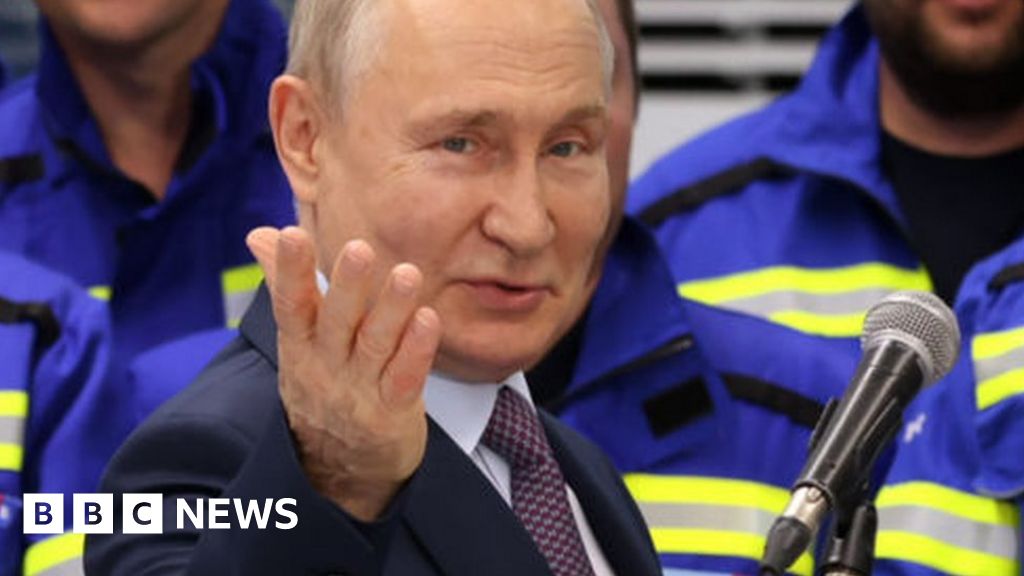Interview: G7 countries in G20 need bigger ear rather than loud mouth, says expert

By Xinhua writers Ma Zheng, Zhang Aoran
BEIJING, Sept. 12 (Xinhua) --
As multilateralism is the megatrend and emerging economies have an increasingly bigger say in international affairs, it would be wise for the Group of Seven (G7) nations to keep quiet and treat developing countries more equally, a Chinese expert has said.
"It is time for G7 to be quiet and to have a bigger ear rather than a very loud mouth," said Victor Gao, vice president of the Center for China and Globalization, a Beijing-based non-governmental think tank, commenting on the Group of 20 (G20) summit that just concluded in New Delhi.
At the beginning of their meeting on Saturday, leaders of the world's major economies agreed to admit African Union (AU) as a new member, giving developing countries a greater voice and more representation.
"The emerging economies are the tomorrow of the world. Increasingly, the Group of Seven will realize that their future lies in more connections with the rest of the Group of 20," rather than continue portraying themselves "as the representative of the truth, nothing but the truth," said Gao in a recent interview with Xinhua.
Gao said the G20 can be divided into two categories: One is the G7, which represents the developed countries and "is more or less outdated because that's not the future of the world;" The other is the emerging economies or very important members of the Global South.
"The future belongs to the Global South, especially the major emerging economies because you are talking about a larger population, more dynamic economy and aspiration among the people to benefit from global economic development," Gao said.
The Global South countries "want to engage with each other on equal terms. They want to treat each other as equals and be treated as equals," stressed Gao, also a current affairs commentator and a former interpreter for the late Chinese leader Deng Xiaoping who was the chief architect of China's reform and opening-up.
The G20, founded in 1999 in response to several world economic crises, is a major forum for discussing financial and economic issues. It previously comprised 19 countries plus the European Union (EU).
Gao said that the G20 should focus on economic development and try to come up with solutions to economic development issues and environmental issues and promote cooperation across national boundaries.
But he sees a danger that some G20 members "want to misuse the platform of the G20 to talk about issues not related to the mandate of the G20. This is something everyone needs to guard against."
"Sometimes I keep chuckling when I see some of the G7 nations" behaving as if they were "representing the global community. No, they barely represent themselves."
From the BRICS to the G20, the voice of the Global South has been tuned up. "That means they will not tolerate unipolarity. They firmly believe that the world we live in is a world of multipolarity. Multilateralism is the megatrend," Gao said.
What's Your Reaction?
































































































































































































































































































